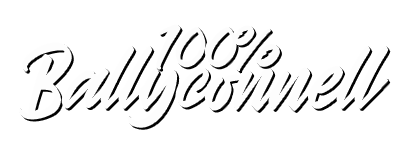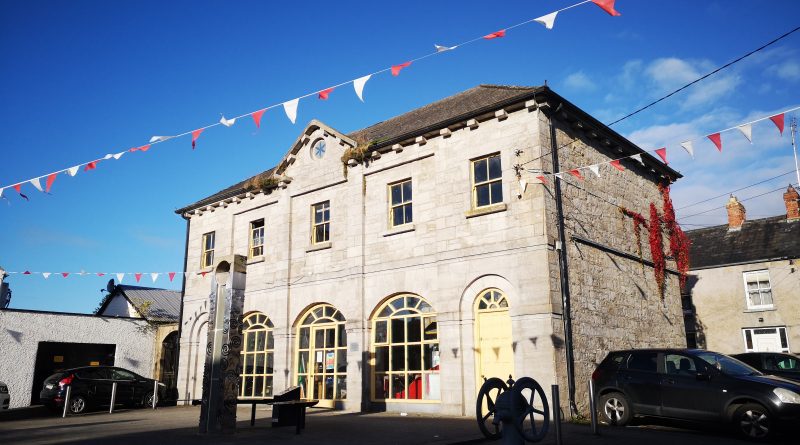Fair Days in Ballyconnell
Ballyconnell was one of the first small towns in Ireland to be granted a Patent to hold fairs.
King James 2nd granted Meredith Gwylyn of Ballyconnell House a Patent to hold fairs in 1688. The O’Kane family received the Patent in 1919, and Dan McMonagle of Ballyconnell obtained the Patent in 1951.
Farmers could sell their livestock at fairs held on a monthly basis. Each town had a fair green, and a local Family was appointed to collect the fees for using the fair green on fair days.
In addition to livestock, other items such as farming tools, fruits and vegetables, and household necessities were sold on the streets. Clothing, crockery, clogs, and boots, as well as wooden goods like stools, tables, and chairs, were available for sale.
Blacksmiths, ‘dentists,’ and ‘Quacks’ (who claimed to have cures for all diseases such as baldness, rumbling guts’ ulcers, and poor vision) were selling their wares. While loud music drowned out the screams of pain, the traveling dentist could supply false teeth or even extract a bad tooth.
The Fair day was a great day out for the whole family, with side-shows like the 3-card trick, lucky dips, music, and circus acts, bargain-hunting, and other activities for everyone to enjoy. On fair days, relatives, friends, and neighbors gathered for some ‘craic’ and a drink or two. On fair days, the fortune teller and’matchmaker’ were always in high demand. Many marriages were arranged by these wise men when lonely bachelors sought their assistance in finding a suitable wife.
With the introduction of radio and television, the number of people attending fairs decreased, and with the establishment of cattle marts, fairs gradually faded from the streets of towns and villages. Another old Irish custom had died out.


